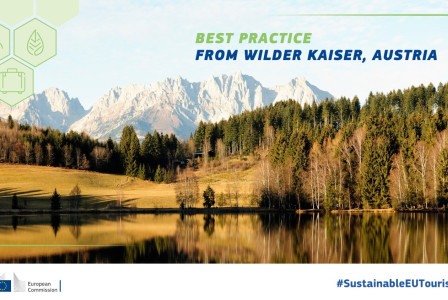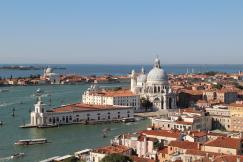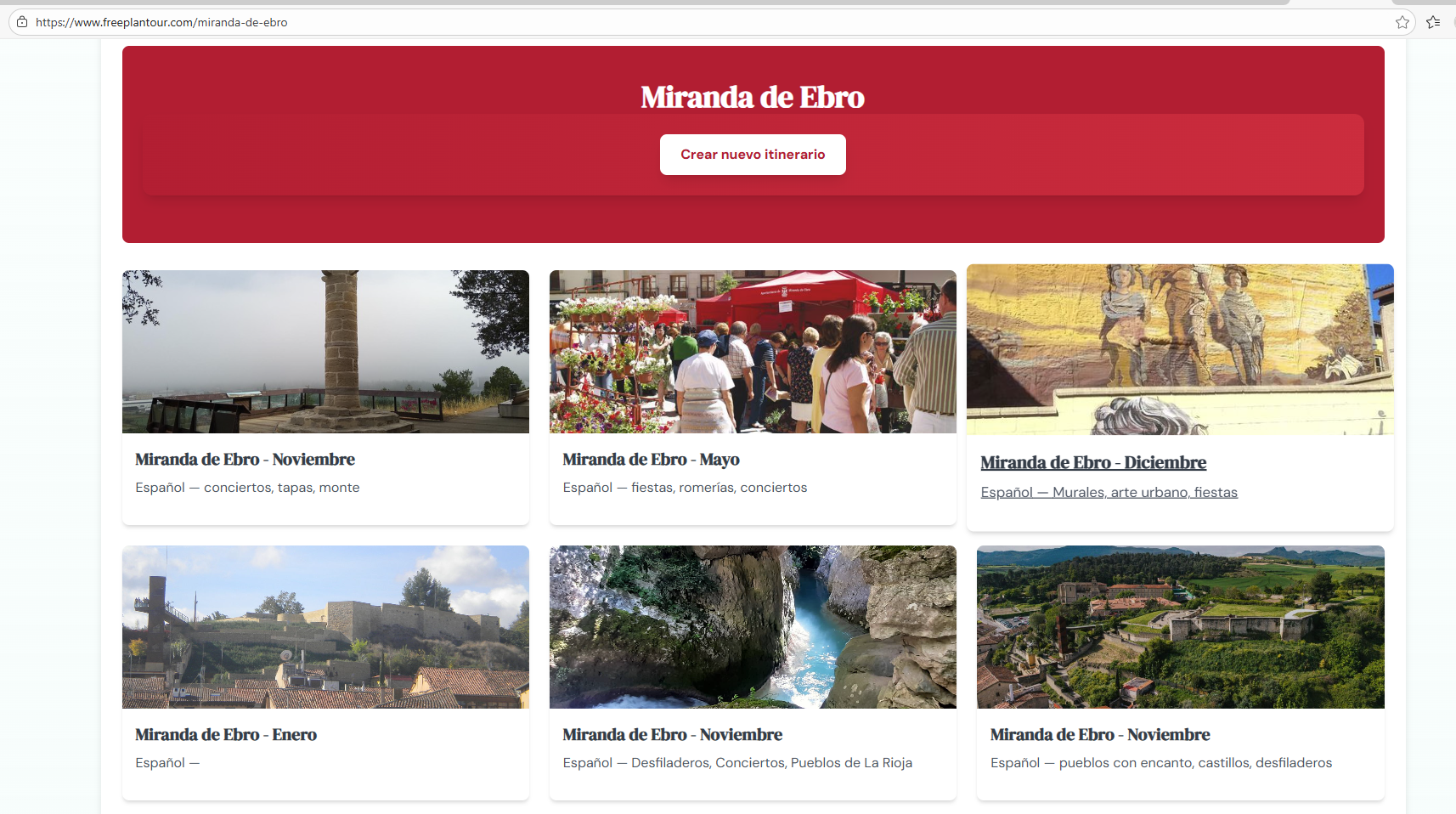Best practices
06 November 2025
Sustainable EU Tourism Project - Best Practice: Wilder Kaiser
Best practices
06 November 2025
Mountain tourism
Rural tourism
Sports tourism
+8 more
Login / create an account to be able to react
-
14

Wilder Kaiser, Austria, addressed a shortage of skilled workers by creating an attractive working environment and promoting young talent. Through initiatives like the “Happy Working Family”, staff training, and school outreach, the region improved employee satisfaction and retention, inspiring other destinations and strengthening its reputation for sustainable, people-centered tourism.
Sustainable EU Tourism project
Sustainable EU Tourism project
Topics
Austria
Destination Management & Marketing Organisations
Local Authorities
-
Specific types of tourism
-
-
Mountain tourism
-
Rural tourism
-
Sports tourism
-
-
Transition Pathway Strategic Areas
-
-
Best practices, peer learning and networking
-
Improving formal education
-
Skills needs for twin transition
-
Tourism strategies
-
Training opportunities
-
-
Business activities
-
-
Hotel and similar accommodation
-
Other
-
Restaurants, cafes and bars (Food and Beverage serving activities)
-
Share
Wilder Kaiser, Austria, has been recognised as a best practice by the Sustainable EU Tourism project for its attractive working environment and promotion of young talent.
The widespread shortage of skilled workers in the tourism industry challenges the quality of tourism products and services and has pushed destinations to find long-term solutions. After an unsuccessful attempt with a recruiting coach (2019-2022) to support companies in recruiting staff, the DMO pursued two strategic approaches that proved to be effective:
- creating an attractive working environment, with the focus on employee retention rather than constantly hiring new seasonal employees;
- promoting young talents to become tourism professionals in the region through information and education.
Among the measures, they founded the employee community “Happy Working Family” to build a stable social network of employees, developed a training and continuing education programme and a job platform, and organised one-day onboarding and offboarding events for interns.
The case of Wilder Kaiser demonstrates how destinations can successfully make their tourism working environment more attractive by adopting sustainable strategic solutions. For more details on the key challenges the destination has faced and the solutions implemented to address them, please refer to the attached document.
Documents
Comments (0)
Related content
See also
Sustainable EU Tourism - Key challenges and best practices
- Categories
- Coastal, maritime and inland water tourism Cultural tourism Ecotourism +64 more
Platform for creating accessible and multilingual itineraries with voice assistant
- Categories
- Coastal, maritime and inland water tourism Cultural tourism Ecotourism +64 more
Sign-up for the Sustainable EU Tourism Twinning Workshop
- Categories
- Coastal, maritime and inland water tourism Cultural tourism Ecotourism +64 more





